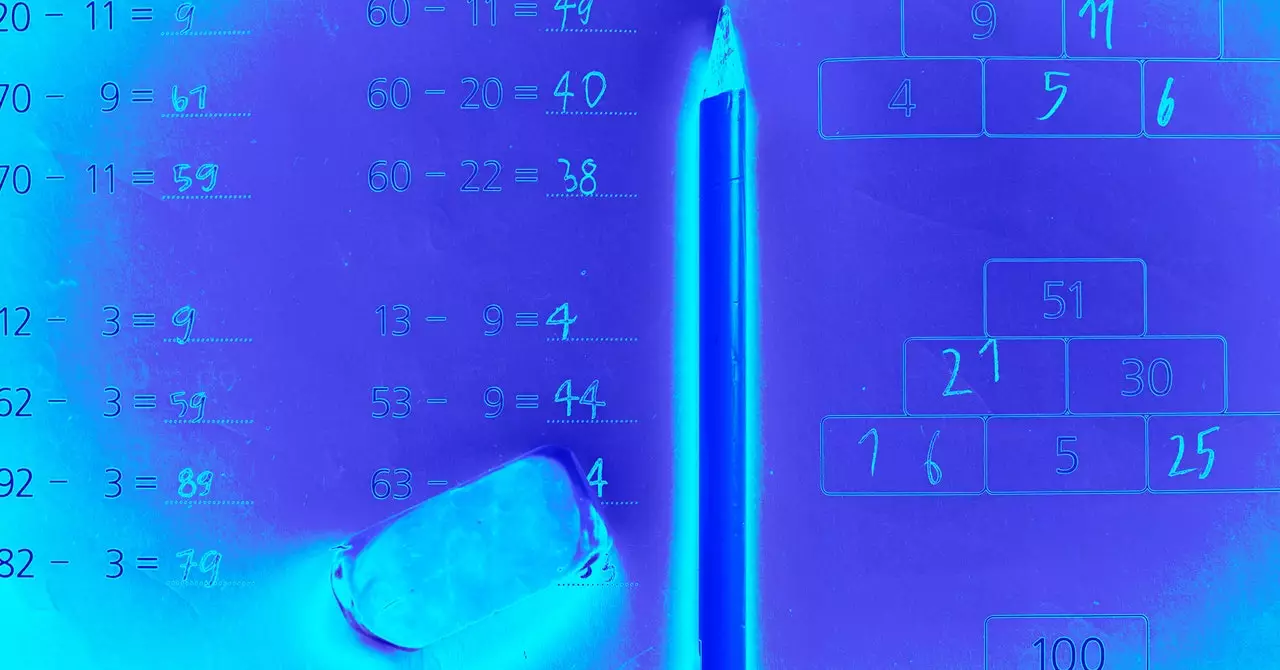In the wake of ChatGPT’s introduction to classrooms, students have started using AI not only for writing assignments but also for math homework. The emergence of apps like Gauth has revolutionized how students tackle mathematical problems, making the completion of assignments more convenient and efficient.
One such app that has gained immense popularity among high school and college students is the Gauth app, developed by ByteDance, the parent company of TikTok. Initially designed to assist with mathematics homework, the Gauth app has now expanded its coverage to include subjects like chemistry and physics. With millions of downloads, the app has garnered positive reviews from students, boasting a rating of 4.8 stars on both the Apple App Store and Google Play Store.
Students using the Gauth app simply need to capture an image of the math problem, either printed or handwritten, using their smartphone camera. The AI model then processes the image and provides a step-by-step guide to solving the problem, often yielding the correct answer. However, while the app performs adequately on basic algebra and geometry assignments, it struggles with more complex tasks such as graphing questions. As a result, students may receive a moderate B grade or a high C grade on the homework.
Limitations in Advanced Math
Despite its usefulness for lower-level math problems, the Gauth app falls short when faced with advanced topics like Calculus 2. Students at an advanced academic level may find the app less beneficial due to its limitations in handling complex math equations. Researchers in the field are working to enhance AI capabilities in mathematics, with projects like AlphaProof showing promise in solving challenging problems.
Ethical Concerns and Company Position
Although Gauth markets itself as an educational tool to assist students with homework and provide support for difficult problems, there are ethical considerations surrounding its use. The company emphasizes proper usage through an ‘Honor Code’ on its website, urging users to refrain from using the app in ways that conflict with personal values or academic integrity. Despite these guidelines, there is a recognition that some students may misuse the app for purposes beyond its intended use.
While the Gauth app has gained popularity among students for its convenience and practicality in completing math homework, its limitations in handling advanced math topics raise questions about the impact of AI on education. As technology continues to evolve, educators and students alike must navigate the ethical implications of using AI tools in academic settings to ensure a balance between efficacy and integrity.

